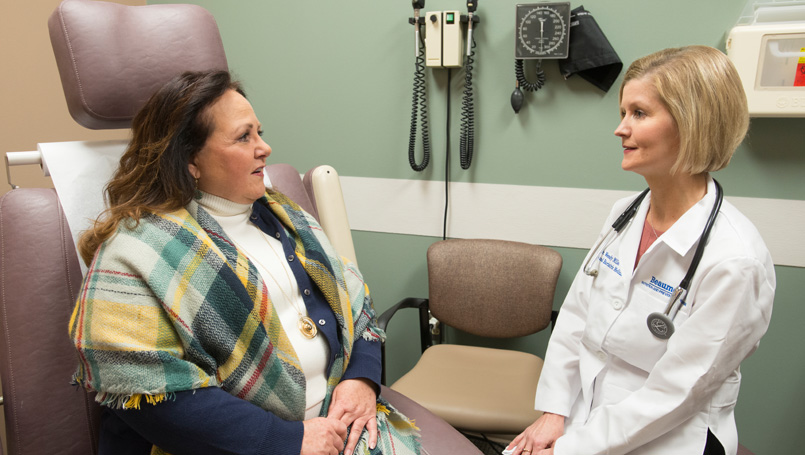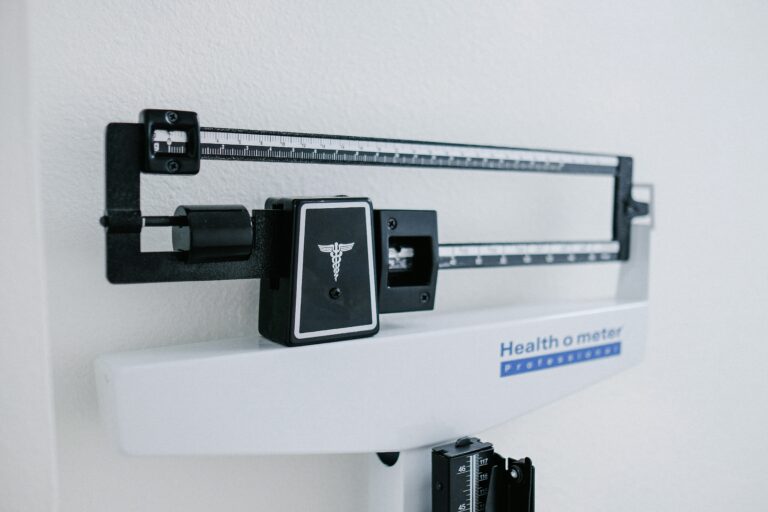Content
Does Medicaid cover weight loss surgery?
Does Medicaid Cover Bariatric Surgery?
In several cases, weight loss surgeries become essential for individuals. Dealing with obesity is not easy. Moreover, there can be cases when it gets out of control. For the general well-being of an individual, surgery is the only solution. For attaining a healthy lifestyle and weight, bariatric surgery might be the sole answer. Yet, these surgeries might cost slightly higher than you’d think. Depending on the location, type of surgery, and the patient, the cost for bariatric surgery can range between $15,000 to $30,000.
In most cases, Medicaid covers weight loss surgery. In this case, the patient must fulfill the basic criteria for coverage. The same may vary between states and needs to be verified before proceeding. Bariatric surgeries are not extensively mentioned in guidelines for Medicaid coverage but handled differently for different cases. You need to work with your physician to discuss the process of approval for Medicaid coverage.
What Amount does Medicaid cover?
In most cases, full coverage of bariatric surgery is available, when approved for Medicaid cover. Another option is to get gap insurance or supplemental insurance for any part that Medicaid does not cover. It can be done after approval for Medicaid coverage. With gap coverage, you can supplement any additional amount with other insurance carriers.
Which weight loss procedures does Medicaid cover?
In most cases, Medicaid covers Lap-Band Surgery, gastric sleeve surgery, and gastric bypass. These are not only readily covered by Medicaid, but also among the most common surgeries recommended. In certain situations, these are accepted as medically vital to the life and wellbeing of the patient.
Gastric bypass reduces the stomach size and bypasses a part of the intestine. Hence, you eat less and the food is also sent straight to the lower part of your intestine. Due to this bypass, absorption of nutrients and calories is reduced. Hence, it reduces food intake and additionally helps result in weight loss. In Lap-Band surgery, the top part of the stomach is covered with silicone bands with balloons. This reduces the space for holding food. Also, the entry to the stomach becomes smaller. The procedure is less invasive compared to others and is done laparoscopically. Additionally, it is preferable as it is easy to reverse and the band can be adjusted. Finally, in gastric sleeve surgery, a sleeve-shaped, smaller stomach is created. As the food does not have much space to sit, it is readily passed to the intestines. Hence, it too reduces intake of food and calorie absorption.
How to get Medicaid approval for weight loss surgery?
If the Medicaid provided by your state covers bariatric surgery, you must consult your physician. Medicaid accepts coverage when there is a medical need for the surgery. It is vital to have a physician who can share relevant information for the medical necessity of bariatric surgery for the patient. Further, to assess the situation, a physician can recommend the patient to approved surgeons.
Approved surgeons help you understand the surgery’s basics and different options you may have. After you make a decision, you need to go through some tests and then consult the Medicaid office for pre-approval of the surgery. The process is time-consuming and requires patience as well as perseverance.
Before approval, you may have to attend classes to understand the surgery, nutritional requirements, lifestyle changes, and exercises, which are mandatory post the operation. This ensures that the patient understands all implications of the surgery and what’s essential to make it successful.
With necessary provisions, you may get approval from Medicaid. These provisions can further include additional classes or further testing. After approval from Medicaid, your surgeon needs to determine your ability to undergo the procedure. This can include medical preparation, blood work, and X-rays. Finally, the surgery is booked. Hence, you get a step closer to a healthier lifestyle and your weight goals.
In order to confirm what parts of the surgery may or may not be covered by Medicaid, you need to check with the local Medicaid office. Make sure you have the list of approved surgeons handy if it is required. You can easily find this information at the Medicaid office and get answers to all your queries too.
In short, if it is medically vital, Medicaid will probably cover bariatric surgery.







